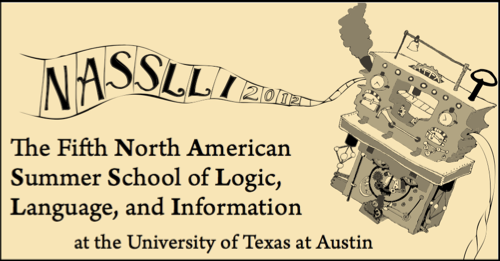Newt Gingrich, Whorfian theorist
Barbara Scholz died exactly two years ago today. Had she lived, I would have been drawing her attention to Newt Gingrich's latest YouTube video "We're Really Puzzled". Not because she would have liked this latest Gingrichian piece of Republican-oriented self-promotion (she would have hated it), but because he appears to be flirting with what she used to call strong or global or metaphysical Whorfianism, in a naive lexical variant form. (You can read Barbara's discussion of strong and weak Whorfian theses in this section of the Stanford Encyclopedia of Philosophy's article on philosophy of linguistics.) Holding up a smartphone, Gingrich says:
We're really puzzled here at Gingrich Productions. We've spent weeks trying to figure out: What do you call this? I know, you probably think it's a cell phone . . . But if it's taking pictures, it's not a cell phone."
Now, this may at first sound ridiculous; but in fact I do have an inkling of what moved Gingrich to embark on his piece of burbling.
Read the rest of this entry »
Permalink Comments off
